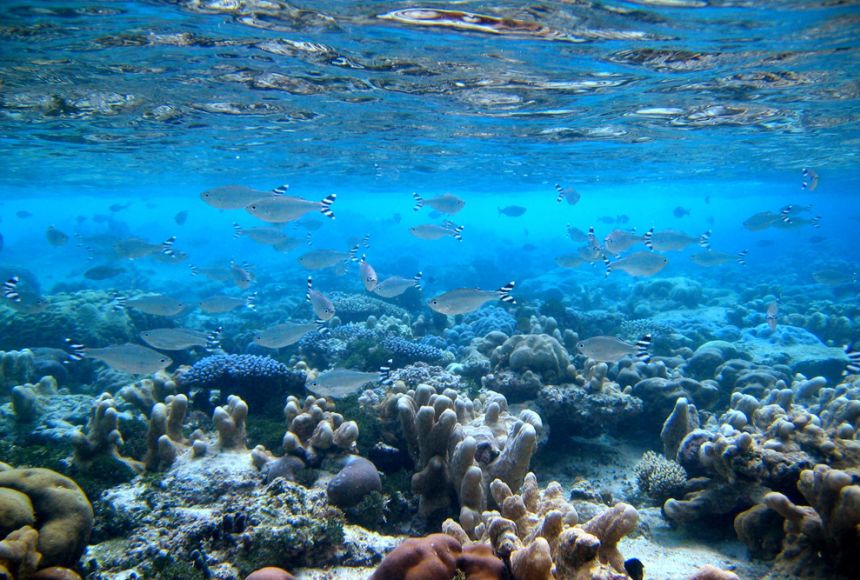The Ministry of Environment, in collaboration with IndyACT and the Lebanese Environment Forum (LEF), organized a seminar titled “The Role of Marine Protected Areas in Fisheries Management.” The event was held under the patronage of the caretaker Minister of Environment, Nasser Yassin, who attended alongside the head of IndyACT, Hala Kilani, and other experts.
The seminar focused on “the relationship between biodiversity conservation and the restoration of fish stocks,” emphasizing that studies have shown marine protected areas (MPAs) can offset fish stock consumption by exporting surplus fish from within the protected area to surrounding regions.
Yassin
In his opening remarks, Minister Yassin announced that the Ministry of Environment is currently “updating its national biodiversity strategy to align with international commitments.” The updated strategy aims to establish a network of MPAs covering 30% of Lebanon’s waters by 2030 and to promote investment in the blue economy.
Kilani
Hala Kilani emphasized that establishing a network of marine protected areas is not only an environmental necessity but also an economic imperative. She noted that studies have shown such a network offers the best chance to restore fish stocks, which provide livelihoods for more than 100,000 Lebanese citizens and serve as a critical food source for many.
IndyACT Presentation and Expert Panel
IndyACT presented a technical report on the importance of MPAs in managing fisheries. This was followed by a discussion panel featuring experts who agreed on the necessity of integrating MPA networks into Lebanon’s economic recovery plan. They highlighted that with the increasing depletion of fish stocks, the livelihood of Lebanon’s marginalized fishing community—on which more than 100,000 individuals rely—is at severe risk. This sector also sustains a wide range of industries, including restaurants, hotels, and coastal resorts.
Key Discussions and Recommendations
- Need for MPA Network: The panel stressed that the current challenges facing Lebanon’s fishermen would not improve unless an MPA network covering 30% of Lebanese waters is established to restore fish stocks.
- Legal and Policy Frameworks: Discussions underscored the importance of effective legal and policy frameworks for managing MPAs, with a focus on engaging local communities in the protection and management of these areas.
- Strategic Development: Experts recommended revising the Ministry of Environment’s current MPA strategy to clearly identify the areas to be included within the targeted 30% coverage.
- Collaboration Between Ministries: The University of Balamand called for enhanced cooperation between the Ministries of Agriculture and Environment. MPAs under the Environment Ministry’s jurisdiction are crucial for managing fish stocks, which fall under the Ministry of Agriculture’s mandate.
The seminar concluded with a consensus that establishing a robust network of marine protected areas is essential not only for biodiversity conservation but also for economic recovery and sustaining the livelihoods of Lebanon’s fishing communities.


